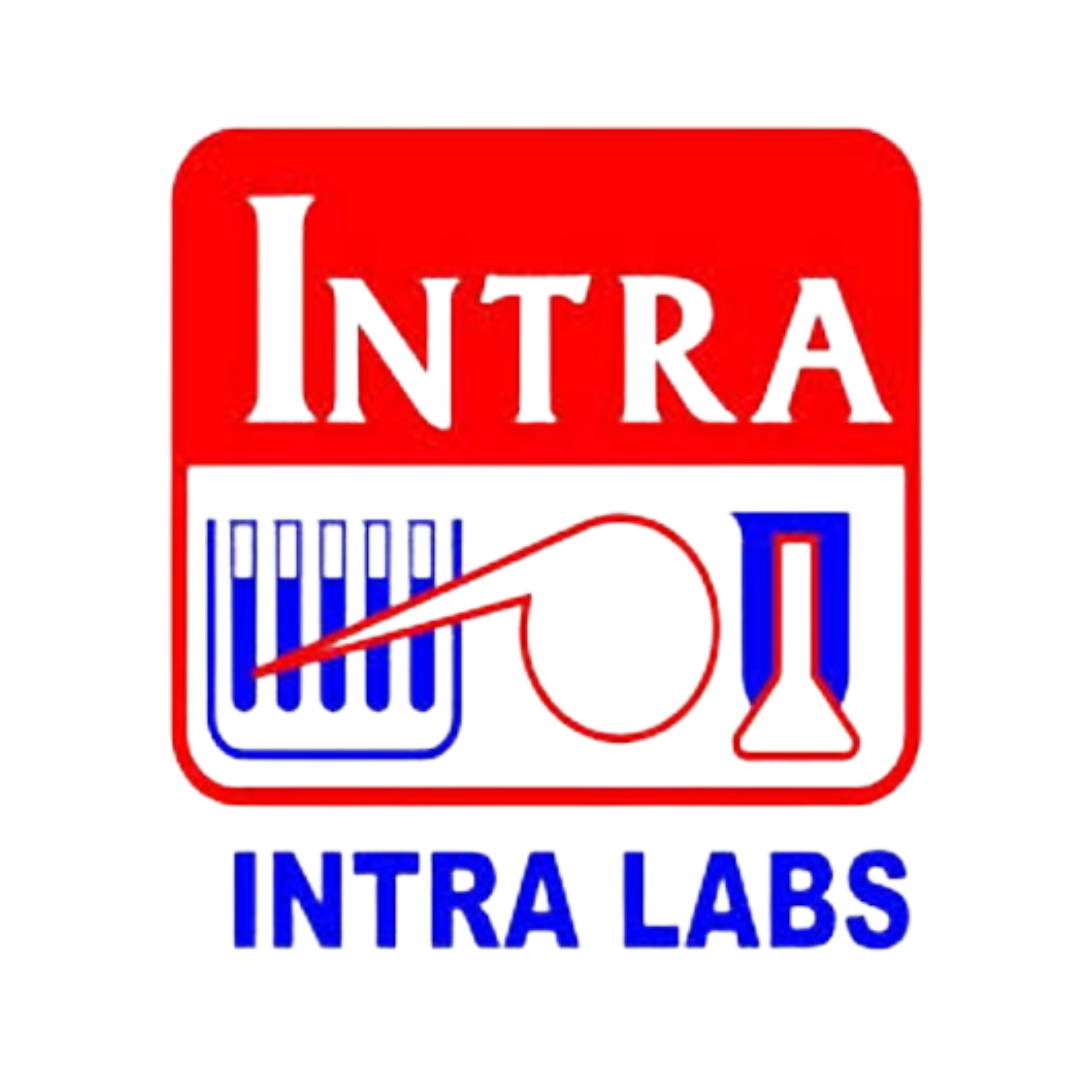Generic medications have long been misunderstood and surrounded by myths, causing unnecessary concern for consumers. These misconceptions can prevent people from accessing affordable, effective treatments. In this post, we aim to debunk some of the most common myths about generic drugs, providing clarity and understanding about their true nature and value.
Generic Drugs Are Less Effective
Generic drugs must meet the same FDA requirements as brand-name drugs, including having identical active ingredients, strength, and dosage forms. They must prove bioequivalence, demonstrating they work in the same way in the body and offer the same clinical benefits. The rigorous FDA approval process ensures that generics are just as effective as their brand-name counterparts.
Generic Drugs Are Poorly Made
Generic drug manufacturers must adhere to the same stringent FDA standards as brand-name drug makers, covering quality, strength, purity, and consistency. Facilities producing generics undergo regular inspections to ensure they comply with good manufacturing practices. Interestingly, many generics are produced by the same companies and in the same facilities that make brand-name versions. The rigorous regulatory framework ensures that generics maintain high-quality standards.
Generic Drugs Take Longer To Work
The belief that generic drugs take longer to work is unfounded. Because they contain the same active ingredients as brand-name medications and must demonstrate bioequivalence, generics work within the same timeframe. The FDA ensures that any minor differences in inactive ingredients do not impact the drug’s performance, including the speed at which it takes effect.
Generic Drugs Cause More Side Effects
While some believe that generic drugs cause more side effects than brand-name drugs, this is a misconception. Generic medications share the same active ingredients as brand-name versions, meaning they should produce similar effects. Although inactive ingredients might differ, the FDA carefully evaluates these components to ensure they don’t alter the drug’s safety or effectiveness. Therefore, any side effects experienced with generics are typically consistent with those of the brand-name medication.
Generic Drugs Are Not As Safe
Concerns about the safety of generic drugs are largely misplaced. The FDA enforces strict regulations to ensure that generic medications meet the same rigorous standards as brand-name drugs. This includes thorough testing for efficacy, safety, and quality. Both pre-approval and post-market surveillance are integral parts of this regulatory framework, ensuring that any issues are promptly identified and addressed. These measures guarantee that generic drugs are safe for consumer use, adhering to the highest quality standards.
Generic Drugs Are Always Cheaper Because They Are Inferior
The lower price of generic drugs often leads to the misconception that they are of lesser quality. In truth, generics are cheaper primarily due to the absence of the high costs associated with the initial research, development, and marketing of brand-name drugs. Once the patent of a brand-name drug expires, multiple manufacturers can produce generics, which increases competition and significantly reduces prices. These savings are a result of lower production costs and increased market competition, not inferior quality.
Brand-Name Drugs Are Always Better
The belief that brand-name drugs are superior to generics is driven more by marketing and brand recognition than scientific evidence. Both types must meet the FDA’s stringent standards for efficacy, safety, and quality. Numerous studies have confirmed that generics offer the same therapeutic benefits as their brand-name counterparts. The active ingredients in generics are identical, and the FDA ensures any differences in inactive ingredients do not impact the drug’s performance. Consumers can confidently choose generics, knowing they are equally effective.
You Can Always Tell A Generic Drug From A Brand-Name Drug
Many people assume that generic drugs are visually distinct from their brand-name counterparts. While generic drugs might differ in color, shape, or packaging due to trademark laws, these differences do not affect the drug’s effectiveness or safety. The active ingredients and their performance in the body remain consistent between generics and brand-name drugs. Pharmacists provide information about the equivalence of generic drugs, ensuring that patients receive the correct medication.
Only Older Drugs Have Generic Versions
While it’s true that generics become available after a brand-name drug’s patent expires, this doesn’t mean that only older medications have generic versions. Once the patent protection period ends, other manufacturers can produce and market generic versions, which can happen relatively soon after a drug’s introduction. Many widely-used drugs, including those developed more recently, have generic alternatives. The availability of generics depends on the expiration of patents and subsequent FDA approval of the generic formulations. This means that even newer medications can have generic options if their patents have expired and they have met the necessary regulatory requirements.
Switching To Generic Drugs Can Be Risky
The idea that switching to generic drugs is risky often arises from misunderstanding and misinformation. Patients may worry that generics won’t provide the same relief or might cause different side effects. However, extensive FDA regulations ensure that generics perform just as well as their brand-name counterparts. Any differences in inactive ingredients, such as fillers or dyes, are scrutinized to ensure they don’t affect the drug’s safety or efficacy.
In many cases, the transition to a generic drug is seamless, with patients experiencing the same therapeutic benefits. Pharmacists play a crucial role in educating patients about the equivalence of generic drugs and can answer any concerns they may have. Additionally, healthcare providers monitor patients’ responses to new medications, whether they are brand-name or generic, to ensure they receive the best possible care.
It’s also important to note that millions of patients successfully use generic drugs every day, benefiting from the same clinical outcomes at a fraction of the cost. The widespread use of generics is a testament to their reliability and effectiveness. Misconceptions about switching are often fueled by a lack of understanding, but the evidence strongly supports the safety and efficacy of generic medications. Therefore, patients can feel confident in the quality and performance of generic drugs, knowing they meet the same rigorous standards as brand-name medications.


